Academic Team
-

Professor Adam Amara
University of Portsmouth
My primary science area is cosmology, where I study cosmic structure in the Universe. This is an era dominated by dark matter and dark energy. Cosmology is a mature field where advances are being driven by experimental programs. Future progress relies on advanced technologies in both hardware, allowing us to acquire exquisite data, and software, where state-of-the-art algorithms will allow us to maximise our science returns.
Advanced statistical methods can also be applied to other areas in astronomy, such as exoplanets. For instance, I have written a software package, made publicly available, called PynPoint for the direct imaging of exoplanets. Given the growth potential of these two areas of cosmology and exoplanets based on hardware and software advances, my research goal is to build a world-class research program that will shed new light on our understanding on these exciting topics in astronomy.
-
Professor Ian Williams
University of Southampton
Ian Williams is a Professor of Applied Environmental Science in the Faculty of Engineering and Physical Sciences at the University of Southampton, UK.
He has an established track-record in the fields of environmental science and waste (resource) management. His work at Southampton has focused on pollution, sustainability, waste- and carbon-related issues. He has published extensively in books and peer-reviewed journals as well as producing over 100 commercial project reports.
He has a long track record of holding positions as an External Examiner for taught and research degrees, service on external bodies, sitting on the scientific and organizing committees of several international conferences, working on national and international task groups, and as a trustee and director of charities and companies.
-

Professor Keith Ryden
University of Surrey
After graduating with a First in Electrical and Electronic Engineering from the University of Bath in 1986, I joined the UK Ministry of Defence to carry out research into improving the effectiveness and survivability of military satellites. As part of this I led the design, construction and launch of the 50kg STRV1a research satellite which performed its mission successfully from 1994-1999. In parallel I completed an MSc in Satellite Engineering at the University of Surrey, graduating with a Distinction.
I have a particular interest in the effects of space weather on operational spacecraft (and aircraft), especially electrostatic phenomena and also single event effects. I have been involved in a number of European Space Agency projects to develop new models of charging processes and have invented and flown novel instruments to measure and investigate such issues both in-orbit (e.g. the 'SURF' in-flight monitor) and within the atmosphere (aircraft based monitors).
In 2007 I was appointed to the position of Technical Fellow at QinetiQ (a spin-out from MoD) while leading a team dedicated to radiation environments and effects on technology. In 2012 I became a member of the Royal Academy of Engineering study team looking into Extreme Space Weather which reported in 2013. Soon thereafter I took up my current post at the University of Surrey as Reader in Space Engineering.
I am currently a member of the the UK Space Environment Impact Expert Group (SEIEG), which advises the UK Government on space weather risks, and of the Cosmic Ray Advisory Group (CRAG) which focuses on aviation-specific risks. I am Chartered Engineer and a Fellow of the IET.

